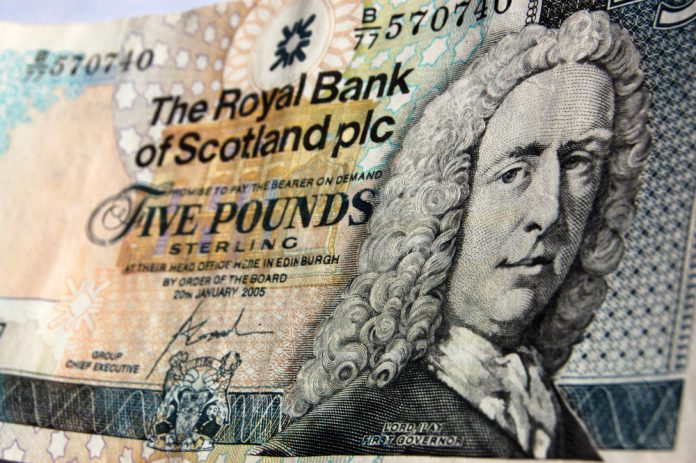The Royal Bank of Scotland (LON: RBS) has agreed a $4.9 billion (£3.6 billion) penalty with US regulators, allowing the UK government to sell their 71 percent stake.
The US Department of Justice’s long-running investigation into the sale of financial products in the lead up to the 2008 financial crisis has ended in a “milestone moment for the bank”.
RBS chief executive, Ross McEwan said the settlement was “a stark reminder of past behaviours of this bank that we should never forget.” The penalty is “the price we have to pay for the global ambitions pursued by this bank before the crisis.”
“Our current shareholders will be very pleased this deal is done. It does help the government sell a cleaner bank.”
The final settlement is smaller than previous estimations. There were warnings two years ago of the penalty being as much as $12 billion.
The government is now able to sell off its large stake in the bank, which cost taxpayers £45.8 billion during the financial crisis.
“RBS’s settlement with US regulators, coupled with sharply improving profitability paves the way for the long-awaited restoration of its dividend,” said Justin Cooper, chief executive of share registry firm Link Market Services.
“At first the dividend is likely to be a fraction of the £770 million paid in 2007, but it will be a hugely significant milestone on the road to the bank’s eventual return to the private sector.”
The penalty will affect the bank’s 2018 profits, but the lender had already set aside $3.46 billion for the upcoming fine.
Jane Sydenham, from Rathbone Investment Management, said: “Removing this final cloud will make a difference, it will mean the government can press ahead with a sale and it can start to look forward, rather than spending all their time worrying about what happened in the past.”
Following the news, shares in the lender rose 5.5 percent to 291.5 pence.

